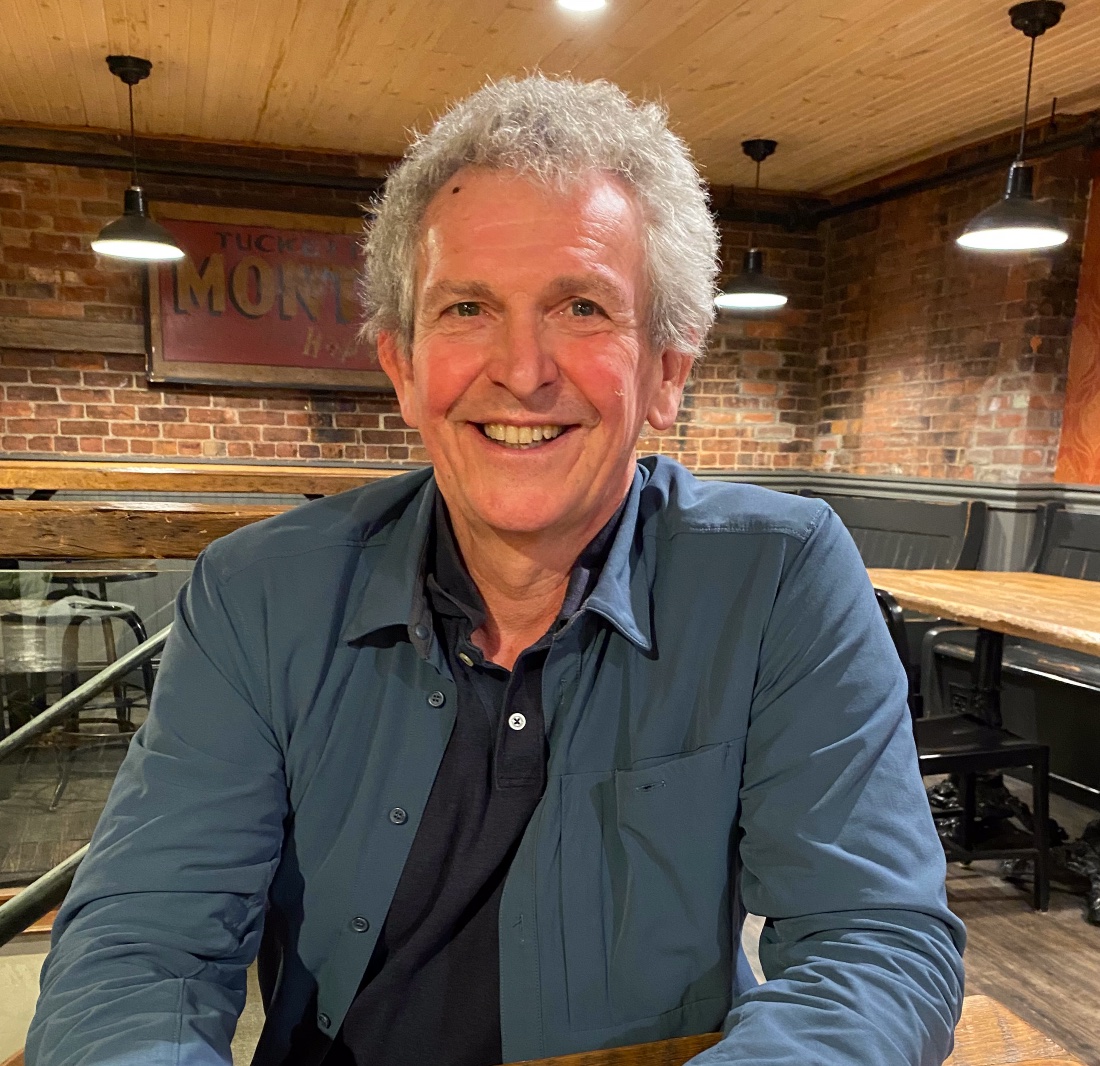Dr. Ted Reeve is a social ethicist, educator, and minister in The United Church of Canada. For the past eight years he has been the coordinating minister at St. Paul’s in Orillia. In 2000, Reeve, along with former United Church Moderator Bill Phipps, founded a national inter-faith initiative called Faith & the Common Good: Greening Sacred Spaces to assist the diversity of Canadian faith communities in seeking the common good for all.
Reeve explains, “We chose the language of seeking the common good because folks from different cultural and religious backgrounds had mixed experiences with political, economic, and social justice engagements in their countries of origin. Working together for the common has universal appeal.”
Currently, the climate crisis is central to any discussion of the common good. “Simply presenting facts doesn’t work,” says Reeve. “What’s helpful is building community, creating connections that lead to change in collective behaviour. That’s what will make a difference in how we live. Fear and guilt tends to paralyze people. What does work is building a collective response, beginning with small changes based on our values and on conversations about how to make things better. It’s about doing more to shape the world we want to live in – one that’s healthy and sustainable.”
In addition to being a scientific reality, “Climate change is a spiritual crisis,” says Reeve, “one that calls for a change in our attitude towards the earth and each other. Over the past 500 years, we’ve increasingly seen ourselves, humans, as superior to all else, and assumed we have the right to exploit the earth for our benefit. We’ve created economic theories that rationalize everything non-human as ‘externalities.’ Hence, we now find we’ve gone too far and are destroying the elements of life that sustain us.
“An antidote to these modernist (western) spiritual beliefs rests on the inter-relatedness of all that has been at the heart of human spiritualities since our earliest imaginings. By relearning how to love the earth and all its creatures, including ourselves, we can live in more symbiotic and sustainable ways. This kind of spirituality will bring us more joy and reinforce more responsible ways, more ethical ways, of living together.”
St. Paul’s Centre has begun a Learning Commons to help explore new ways of seeking the common good. Community groups are invited to use this space to “learn together” about issues that inhibit our wellbeing and the creative solutions to these challenges. Conversations often turn to the development of a better future for Orillia. “We need positive, sustainable changes that will make our city more livable, more equitable and fair, and will conserve energy – changes that will make life better. It’s not about ‘less’, but rather, ‘better.’
“In Orillia, we must keep on making systematic changes that will create a better, livable, healthy city. I’d love to see Council provide incentives for retrofits and rooftop solar installations while making a sound economic argument for them. We can encourage people to drive electric vehicles, create more street patios, expand our public spaces, create walkable neighbourhoods where people can access everything they need without a car, and develop practices that will make our homes, our city and our lives better.
“The new Orillia City Council will have to be brave about choosing infill housing over sprawl. Let’s not do sprawl,” says Reeve. “Council should be encouraged to champion small, ‘winnable’ initiatives, such as duplexing, building code changes, incentives for granny suites, waste reduction, alternative transportation infrastructure such as more bike lanes and bike racks, EV charging stations, and Orillia’s new ‘library of things.’ People will rally around small wins.”
At St. Paul’s, they practise what they preach. They were able to access a United Church Fund devoted to “greening” church buildings, and began with an energy audit to determine areas of greatest energy loss. This led to numerous remedies including insulating ceilings, caulking windows and doors, replacement of some windows, installation of ceiling fans and solar panels, putting timers on heating boilers – all of which led to lower energy bills.
Why is all this important to Ted Reeve? “It’s core to my spiritual belief of reverence for all creation and our responsible relationship to it. It’s essential to my faith to live in inter-related ways with all creation and each other. It’s a positive and fulfilling way of life.”

